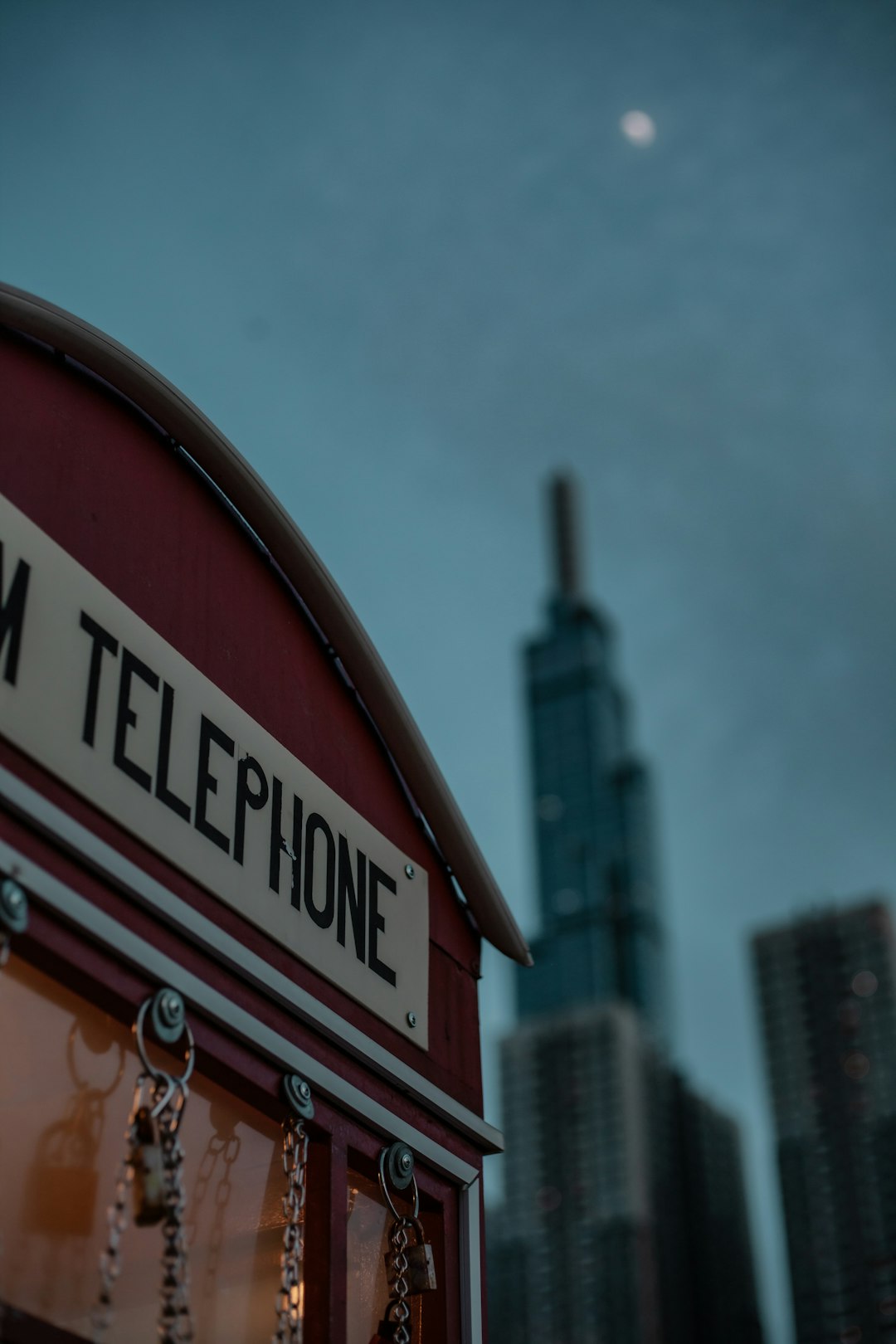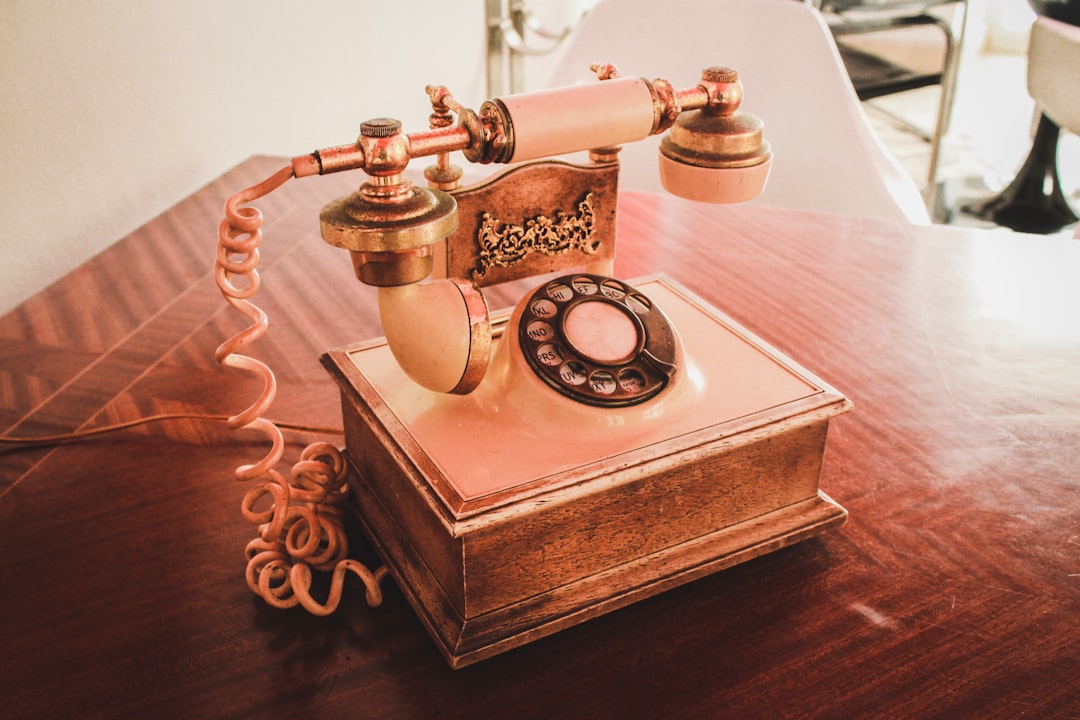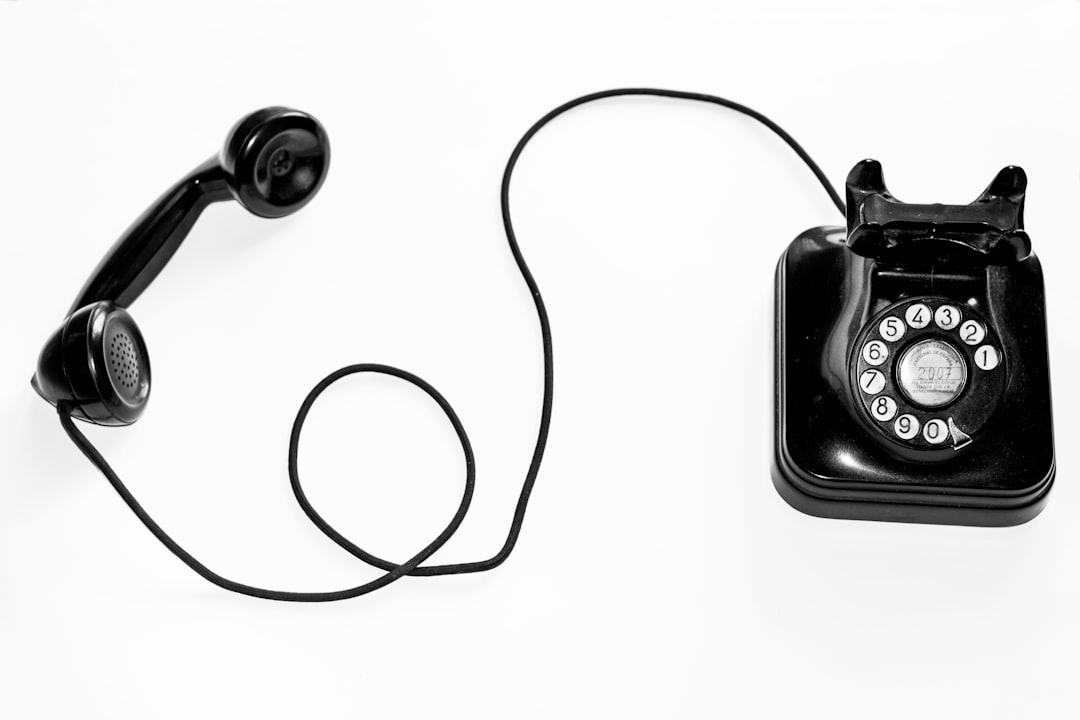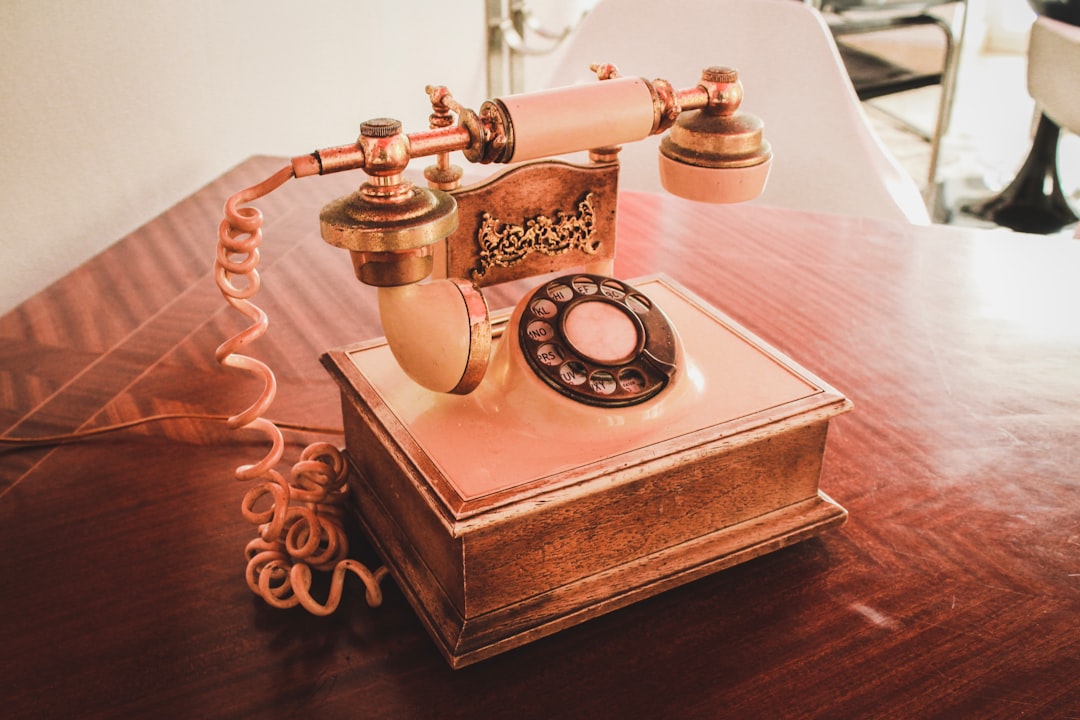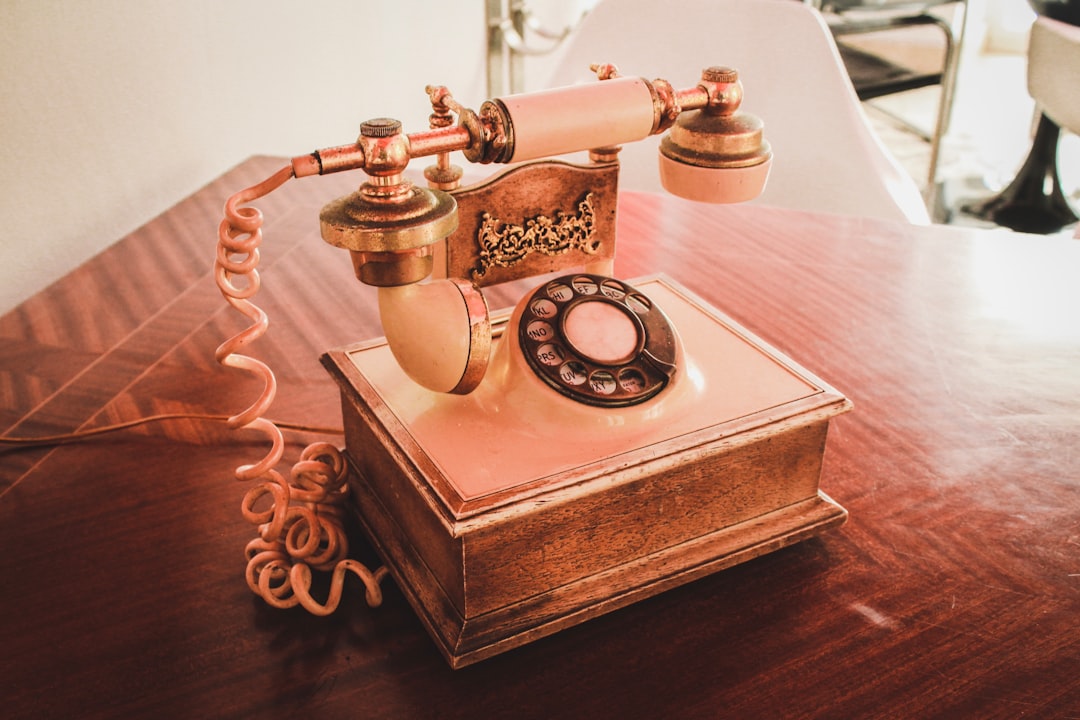In Philadelphia, autodialers used by law firms for client outreach must adhere to stringent federal (TCPA) and state regulations to avoid penalties and lawsuits. Residents have specific rights against unsolicited calls and can take action via the Pennsylvania Public Utility Commission (PUC). Misuses include scams targeting vulnerable individuals, requiring residents to be cautious and verify communication authenticity. Consulting specialized local law firms ensures compliance with autodialer regulations.
“Philadelphia residents, be aware: automated dialing systems (autodialers) are becoming increasingly prevalent. This article provides an essential guide to understanding these technologies, their legal implications, and your rights as a Philly resident. From how autodialers work to the specific regulations in Pennsylvania, we explore the complexities of this evolving issue. Learn about common scams, reporting unwanted calls, and the power of your consumer rights. Stay informed and protect yourself from autodialer misuse with these crucial insights, tailored specifically for Philadelphia law firms and their clients.”
Understanding Autodialers: How They Work and Their Legal Implications in Philadelphia
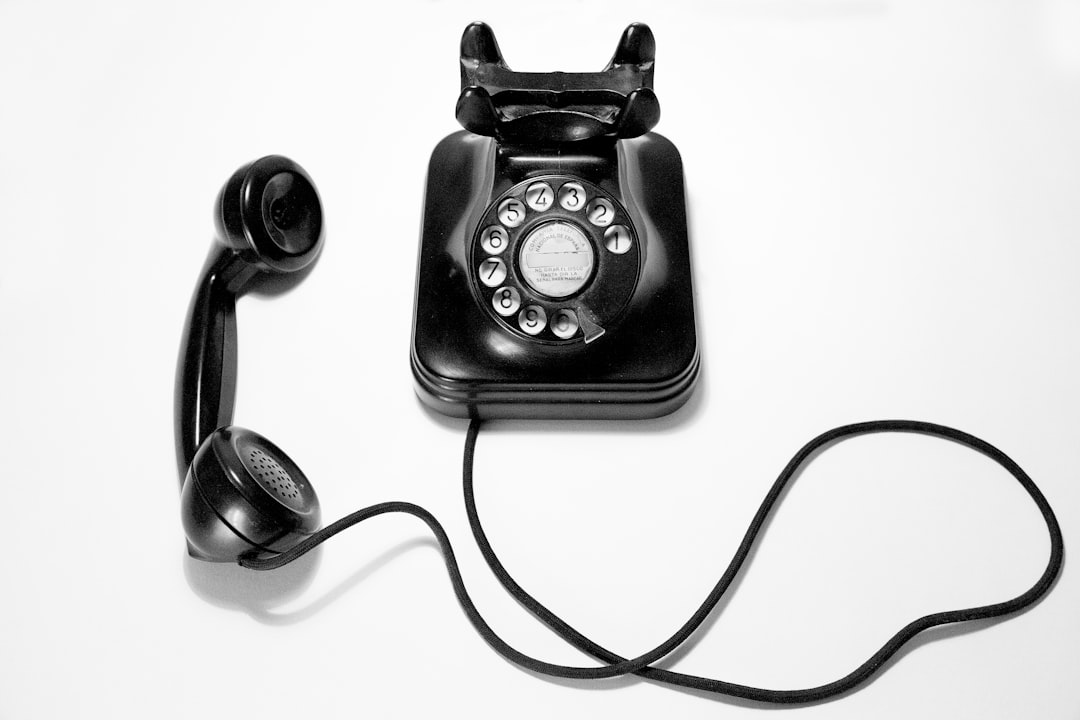
In Philadelphia, as in many cities, autodialers are used extensively by law firms and other businesses to reach potential clients. These automated telephone dialing systems can make hundreds or thousands of calls in a matter of minutes, significantly increasing outreach efficiency. However, their use is not without legal implications. The Telephone Consumer Protection Act (TCPA) restricts the use of autodialers, particularly for marketing purposes, and violators can face substantial fines.
Philadelphia residents should be aware that law firms employing autodialers must comply with strict regulations. This includes obtaining prior express consent from recipients before making automated calls, providing a way to opt out of future calls during each interaction, and maintaining detailed records of call activities. Violations of these rules can lead to class-action lawsuits, where individuals may seek compensation for unsolicited calls. Therefore, understanding the legal framework surrounding autodialer use is crucial for both residents and businesses in Philadelphia.
The Legal Landscape: Autodialer Regulations in Pennsylvania

In Philadelphia, the legal landscape surrounding autodialers is regulated by both state and federal laws. These regulations aim to protect residents from unwanted phone calls and ensure fair business practices. The Telephone Consumer Protection Act (TCPA) is a key federal law that restricts the use of automated dialing systems, also known as autodialers, for telemarketing purposes without prior express consent. Pennsylvania’s laws complement these federal regulations with additional safeguards.
Philadelphia residents should be aware that using an autodialer to make non-emergency phone calls without proper authorization can result in significant penalties for businesses and legal consequences for individuals involved. Local law firms specializing in autodialer regulations in Philadelphia can guide residents on their rights and help them navigate any issues related to unsolicited calls, ensuring compliance with the law and peace of mind for Philadelphians.
Rights of Philadelphia Residents: What You Can Do When Contacted by an Autodialer

Philadelphia residents have certain rights when it comes to automated phone calls, often made by autodialers. According to state laws, companies must obtain your explicit consent before placing automated calls for marketing purposes. If you receive a call from an autodialer law firms Philadelphia residents should be aware that they can take action. You have the right to request that your number be removed from their calling list and to refuse further contact.
When contacted by an autodialer, it’s recommended to assertively communicate your preferences. Respond firmly that you do not wish to receive automated calls and provide written confirmation to any law firms or companies involved. This proactive step can help prevent unwanted calls and ensure your privacy. Remember, understanding your rights is the first step towards protecting yourself from excessive or unsolicited communication.
Common Scams and Misuses of Autodialers in the Legal Sector

In the legal sector, autodialers are often misused for telemarketing purposes, leading to various scams that Philadelphia residents should be aware of. One common tactic is the use of autodialers to make unsolicited calls, offering legal services or claiming to have won a settlement. These calls can be particularly aggressive and may target vulnerable individuals, misrepresenting their rights or promising quick financial gains. For instance, some firms might use autodialers to inundate consumers with calls promoting debt relief services, which often turn out to be fraudulent.
Another scam involves automated voicemails that prompt recipients to press certain buttons to speak to a representative. These messages may seem legitimate, asking for a callback to discuss legal matters, but they can lead to identity theft or phishing attempts. Philadelphia residents should exercise caution when receiving such calls and verify the authenticity of any legal communication directly with the firm through official channels. By staying vigilant and educating themselves about these common misuses, residents can protect themselves from potential legal telemarketing scams involving autodialers.
Navigating Complaints and Enforcement: How to Report Unwanted Calls in Philadelphia

In Philadelphia, navigating complaints and enforcement related to autodialers falls under the jurisdiction of the Pennsylvania Public Utility Commission (PUC). Residents who experience unwanted automated calls from autodialer law firms can take several steps to address the issue. The first step is to identify if the call constitutes a violation of state laws or regulations. If an autodialer leaves a message, it should include specific information for the caller to opt-out, per the Telephone Consumer Protection Act (TCPA).
To report unwanted calls, residents can file a complaint with the PUC through their official website or by contacting their consumer hotline. Detailed documentation of each incident, including dates, times, and call details, is crucial when submitting a complaint. The PUC investigates these complaints and takes appropriate enforcement actions against violators. Additionally, Philadelphia residents are encouraged to inform local law enforcement about suspected illegal autodialing activities, which can lead to further legal repercussions for the offending companies.
